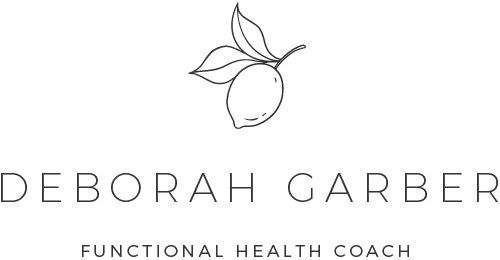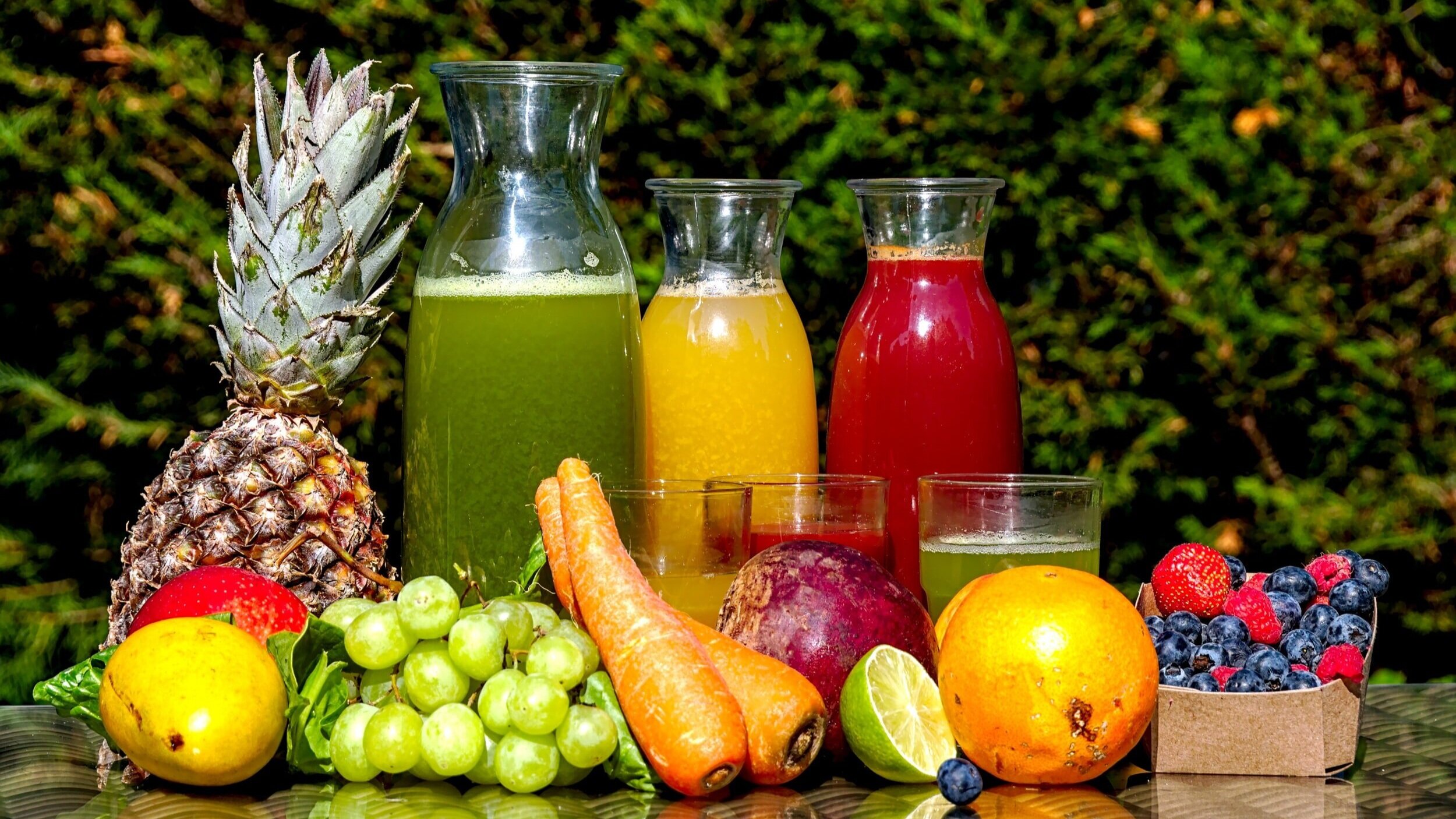Is Juicing Good for Weight Loss?
Go to any trendy hub these days and you will find plenty of cold-pressed juices to tempt you. The question is what role, if any, does a glass of fruit and vegetable juice have in a weight loss or weight maintenance diet?
Why fruit and vegetables?
Fruits and vegetables are not only a wonderful source of vitamins A, C, D and minerals like zinc and iron, but they also offer us phytonutrients, which studies show to have many health benefits. These phytonutrients produce what is called hormetic stress that ramps up our own bodies’ internal antioxidant defence system. Studies consistently show that eating fresh fruits and vegetables correlates with better health. Having said that, not all fruit and vegetables are good for weight loss and overall health. Focus on non-starchy vegetables of all colours, and fruits lower in sugar, such as berries, apples, pears, citrus, and the “fat” fruits - avocados, coconut and olives. Use other fruits as treats in smaller quantities.
The pros of Juicing
Juicing makes it easier for some people to include more fruits and vegetables in their diet.
Juice may be tolerated by people who have trouble breaking down a lot of the fibre found in fruits and vegetables and thus benefit from the nutritional and healing content.
Raw fruit and vegetables contain nutrients and antioxidants, such as glutathione - the master antioxidant - that are not found in cooked foods, so juicing can provide that.
The cons of juicing
Depending on a person’s metabolic function and insulin and sugar tolerance even a smallish glass of juice could raise your blood sugar much higher and faster than eating a piece of fruit. A glass of orange juice for example has a glycaemic load of 12 - four times the glycaemic load of an orange which is 3.
Juicing removes the fibre from the fruit and vegetables. Fibre feeds the friendly bacteria in the gut, cleans your intestines, and increases satiety. When we drink our fruit, it doesn’t create the sensation of fulness we get when eating it. Our brain does not recognise liquid calories in the same way as calories from food. We end up consuming more calories drinking juice than when eating whole fruit.
Raw juices can cause loose stool or diarrhoea in people with digestive issues.
Raw green vegetables, such as kale and spinach contain a lot of goitrogens - substances that disrupt the production of the thyroid hormone. This can be problematic for people with thyroid issues particularly if their iodine levels are low.
Juicing non-organic vegetables and fruit increases our pesticide load.
What is the verdict for a weight loss diet?
The occasional cold-pressed juice or even a small amount of organic juice daily as part of a whole-foods, nutrient dense diet is fine, if you do not have one of the above-mentioned issues.
If you are overweight or have pre-diabetes or diabetes, you shouldn’t have more than 150g of fruit a day, and the best fruit is the low glycaemic type like berries. If you are going to have fruit and vegetable juice, make sure that you squeeze it yourself, use organic fruit and veg - particularly when it comes to leafy greens, celery and thin-skinned fruit, drink no more than a small glass, and do not add any sweeteners or dried fruit.
It is best to eat your fruits either whole or sliced in a fruit bowl with nuts, seeds, and yogurt, or in smoothies, in which you benefit from the juice, the fibre and added ingredients such as healthy fats like coconut and avocado and protein powders to make a meal in a glass. Make use of the highly nutritious frozen wild berries, which are particularly well suited to smoothie making. Include pineapple in your diet for its enzyme bromelain content that helps alleviate inflammation and improve joint health but do not have more than 80g a day, go easy on the bananas as they are starchy and high in sugar.
If you would like to eat more healthily and need a little help to move towards that goal, consider coaching one-on-one with me.

